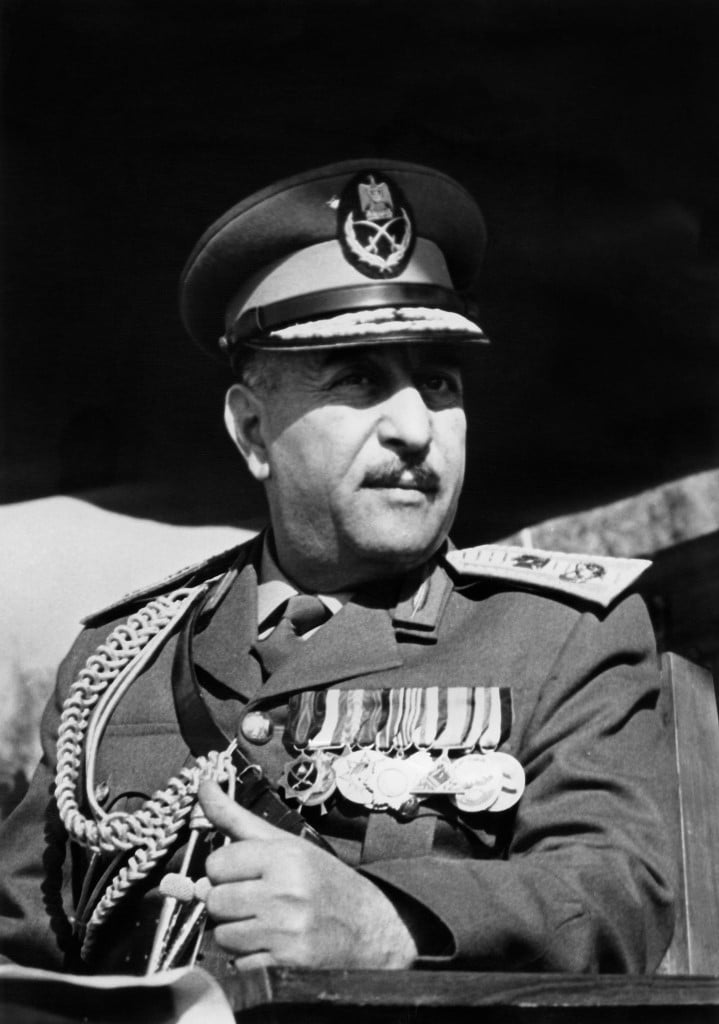
The new rulers unquestionably began from a weak position. They took power by a coup d’état, and, aside from Ahmed Hassan al-Bakr, they were unknowns in Iraqi politics, who had to deal with two well-organized opponents. The Iraqi Communist Party (ICP) was still a political force, despite the severe blows the party had taken in the early 1960s and despite internal divisions on its position regarding Moscow, which would ultimately lead to a split. The other opponent was the Kurdistan Democratic Party (KDP), the most important voice of the Kurdish population.
The Kurds looked back bitterly on the previous period during which the Baathists had briefly been in power. As Prime Minister, Ahmed Hassan al-Bakr had led a large-scale military offensive against the Kurds, which ended only with the cease-fire of February 1964.The struggle was, however, soon resumed, until the KDP leader, Barzani, in 1966 reached an accord on Kurdish autonomy in education and local administration.
Agreements were also reached that the Kurds would henceforth have proportional representation in the parliament, government, and national administration. At the same time, however, Baghdad was stepping up its policy of Arabization in mixed-population areas, particularly in the oil-rich region around Kirkuk. This led to the deportation of Kurds to Kurdistan and other parts of Iraq; Arabs were settled on their lands and in their homes.


